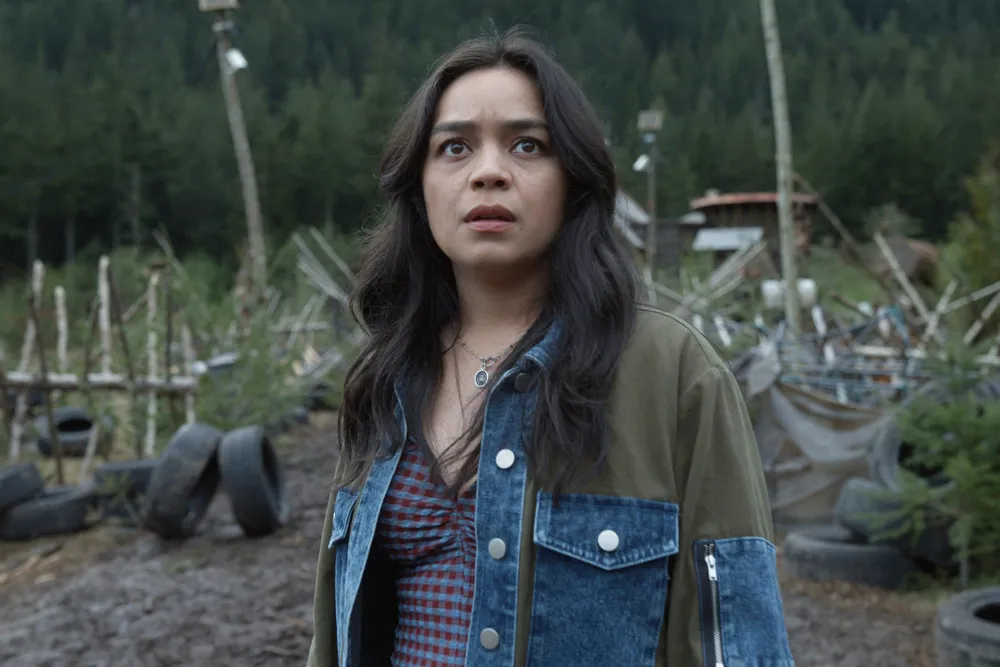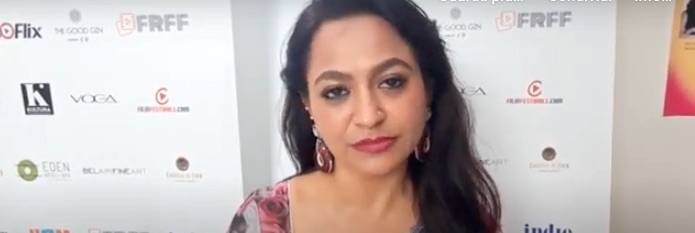Interview with Marco Calvani, actor in the TV series The Four Seasons: 'Finding your own voice'
Check out the interview with Marco Calvani, actor in the TV series The Four Seasons
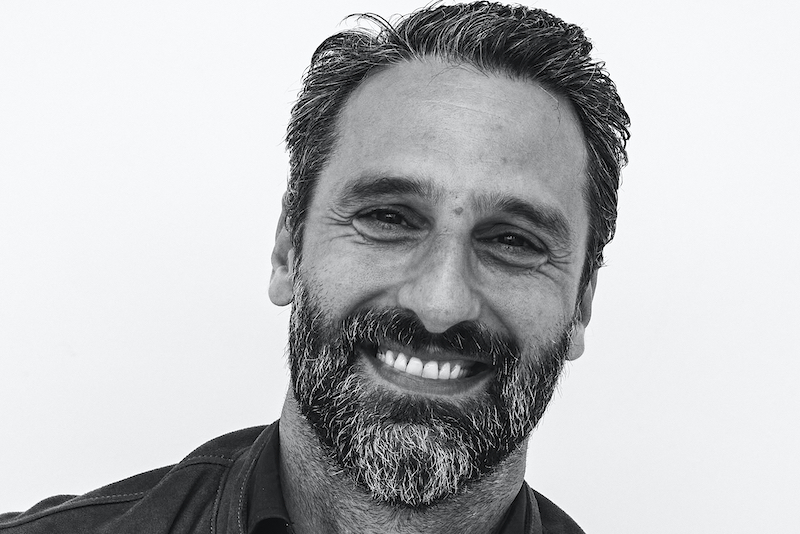
“The Four Seasons” is the streaming series adaptation of the 1981 film of the same name. The plot centers on three couples who vacation together each season, but tensions arise when one couple separates and the husband brings a much younger woman on subsequent trips. The cast includes Tina Fey, Steve Carell, Colman Domingo, Will Forte, and Marco Calvani.
Calvani has worked extensively in theater, writing various plays such as “Te lo leggo negli occhi!”, “Prima che tu dorma”, “La vita bassa/Low Life”, “La città sotto”, “Beautiful Day Without You”, and “Before We Fall Asleep”.
In the TV series “The Four Seasons,” you play Claude. Why did you choose this role in a very particular series, set almost in a single location?
"I ended up in this universe almost by accident. Since I was twenty, I began writing plays and then directing them, and I hadn’t worked as an actor for almost 16 years until last year. I’ve done theater my whole life, and lately I had started making films, always as a writer and director. But one day Colman Domingo called me saying he had a vision—he and his husband—for me. For a role. I didn’t know he had been cast. In the end, I sent this audition, a self-tape: they called me back for an appointment, and I realized it was a large project. Then finally I received the offer, which—after various considerations—I accepted. If you ask me ‘why did you choose this role?’ I’m inclined to answer that the role chose me. It was like something bigger than myself that I didn’t even desire, especially since I had returned to being an actor in front of the camera. This gift was almost a blessing: how can you say no to a TV series with a cast like that, with Tina Fey, Steve Carell, Colman Domingo, divinely written, with wonderful people and such vivid characters? It alternates moments of humor with deep emotionality, has its freshness and fluidity. In short, I had to abandon all my projects. We had just premiered my first feature film, ‘High Tide,’ we were doing a festival tour, and this new work appeared as an obstacle. You know, almost an impediment.
Last year, around this time, I was there deciding, and a year later it’s already out, so much so that last week the second season was confirmed."
Did you rehearse for a long time or is there a degree of improvisation, which seems to emerge watching the episodes?
"No, you’re mistaken, there was absolutely no room for improvisation. More than ever, there was no need. Everything we say is truly on paper. Obviously, this didn’t prevent conversations on set with the director and other showrunners. In general, we read the episodes in advance, we started filming in mid-September 2024, and during the summer between July and September, we met on Zoom and read every two weeks. This way, we all got to know each other. We also learned about each other’s sense of humor, mutual energy, but I didn’t meet anyone before filming. We met in New York, where we filmed, to do all the costumes, and there I met Tina for the first time.
The first day of shooting was just me and Tina, the first scene was scheduled for five in the morning, I was tense and nervous. You know, also a bit rusty: but then if you have talent, it quickly reemerges. There was no ego at play, no one wanted to prevail over the other: it’s the very nature of the script. In the end, we’re six or seven people, always together, with fairly minimal locations, with many ensemble scenes. Such a natural and spontaneous affinity emerged, and I hope the audience is noticing it."
In your play “I am Dracula”—written by you—a journey unfolds starting from Bram Stoker to explore human vulnerability. Is there a common thread linking your recent theatrical production, like “Maspeth,” “Beautiful Day Without You”?
“With cinema, I tend to be fascinated by stories that have a political resonance. This doesn’t mean they’re explicitly civic stories, but they can also be love stories. However, I like them to have a resonance in the current landscape of our society, of how we live: that can have an impact, enough to pose questions to people and viewers. To tell the truth, I’ve often told stories of marginalized people, without a voice in the world, and so it’s as if I lend them mine. To give them a place on stage, or a place in cinema. I’ve often told stories of refugees, migrants, people on the margins of society. For example, I’ve just finished rewriting a screenplay for cinema, it’s the story of a middle-aged actress who can no longer work because there’s no space for her in the contemporary world of Hollywood, which despises aging. So even in this case, I chose a character on the margins of an industry. I think I like to tell stories of people who are trying to belong to something, find their own voice, assert their presence in a non-violent way.”
You’re one of the rare Italian actors with a leading role in an American series. Why did you choose to look beyond Italy for your career?
“Here too, you know, I believe life is made of choices. I never had the American dream. If I had a dream, it was to travel with my work, so when I started writing my plays, they were also produced elsewhere, abroad in different languages. I always offered to travel with them, obviously they invited me to see them. Sometimes I produced them myself. Sometimes I created international productions. Then at some point, a job brought me to New York. I was 30, working hard with my company. We had a space, we toured various theaters in Italy, never making a penny. Everything we earned, we immediately put back into the show. It was never about money for me, I busted my a** my whole life, and when I say theater rarely gave me money, it means that meanwhile I was doing seven other jobs to earn a living, and find time to write, direct. When I arrived in New York, I realized something extraordinary that I hadn’t yet experienced at 30, after ten years of hard work. In New York, the writer’s work is much more important than the director’s. It was the dignity of the craft that struck me, amazed and fascinated me. So after this big production, which was ‘Stuff of this world’ directed by Neil LaBute (already presented at Spoleto), I was supposed to stay in New York for a short time… and two years passed. I returned with another production, with one of my texts, and I said ‘okay. I’d like to stay here for a while to understand how it works.’ And here I am 12 years later.”
Can you tell us about the recent film you directed, “High Tide”?
“We were talking earlier about the common thread. ‘High Tide’ is the story of a Latin immigrant from Brazil, undocumented, who finds himself here in the United States practically abandoned by his American boyfriend. The reason he had come here—but also the reason he had come to the United States—was to escape from his family, and from a place where he couldn’t be himself. At this moment we meet him in the film, in a limbo where he can no longer stay in the United States because he has no documents, and he doesn’t want to return home because it would mean death. Emotional death. He’s trying to become himself: at this moment he meets an African American, also in a precarious situation, feeling lost for other reasons, as a man of color in the United States who is leaving the USA in search of himself. But they fall in love, and that’s the film. A very contemplative, melancholic film, a story of two marginalized people, desperately seeking a place in the world they can call ‘home.’ People who meet and break. It’s a film I care deeply about, it’s personal, not because the story is mine, but I’ve infused so much of myself into it. Then it’s my first film, so there’s a significant emotional attachment. Not insignificant. Then I also made it with my husband, Marco Pigossi, who is the main actor in the film, so it’s a bit like our first child. The first of many.”
Can you give us a preview of your upcoming projects?
“It was announced last week. First of all, I’ll have season two of ‘The Four Seasons’ to film this fall. And next year—between March and April—I’ll be on set with my new film, ‘Capitana.’ It’s a film I wrote with someone else, Eve Ensler, author of ‘The Vagina Monologues.’ We wrote this screenplay based on the biography of German biologist Pia Klemp, who seven years ago—when she was 35—abandoned everything behind her—returning to the common thread—to go to the Mediterranean with a group of activist friends and save the lives of immigrants who are dying at sea. She was then arrested by the Italian Coast Guard police. It’s an epic film, an extraordinary film. I can’t wait to make it: I consider it absolutely essential to address the issue at this moment, to be supportive, to inspire us and be heroes in a world where sooner or later we will all be refugees, whether in 15 years or 350. If we won’t be, or haven’t been.”
Can you tell us something about the cast?
“I can’t say anything… then there’s another project. But I can’t hint at it. I confirm it’s an international film, very European, it will be shot in Europe, between Italy, Germany, Serbia, and Malta.”
© All rights reserved
You Might Be Interested
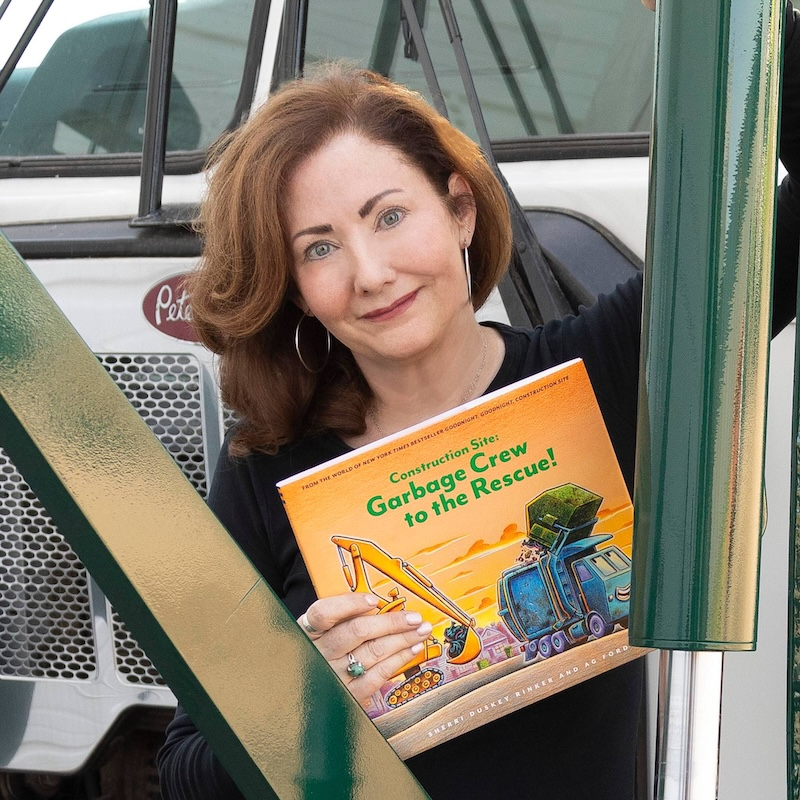
Sherri Duskey Rinker interview
Construction Site: Firefight!

Hoppers , Piper Curda Interview
The statements of Piper Curda
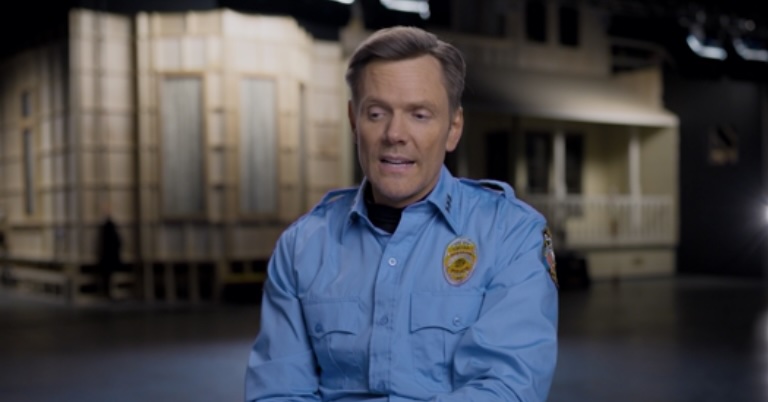
Scream 7, Joel McHale Interview
The statements of Joel McHale
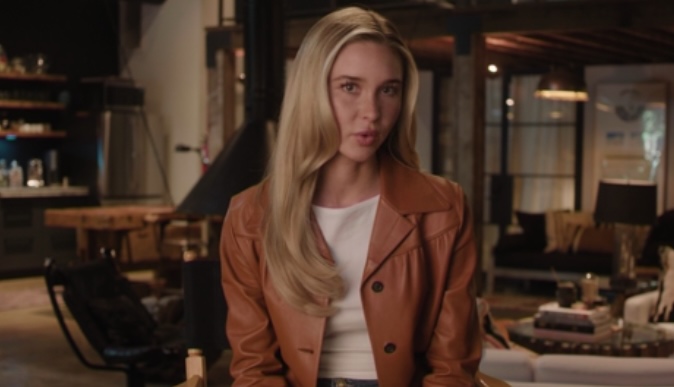
Scream 7, Isabel May Interview
The statements of Isabel May
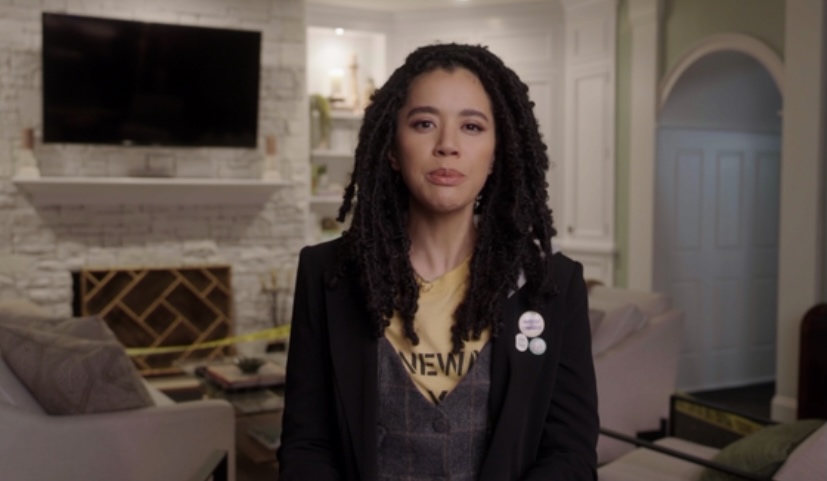
Scream 7, Jasmin Savoy Brown Interview
The statements of Jasmin Savoy Brown
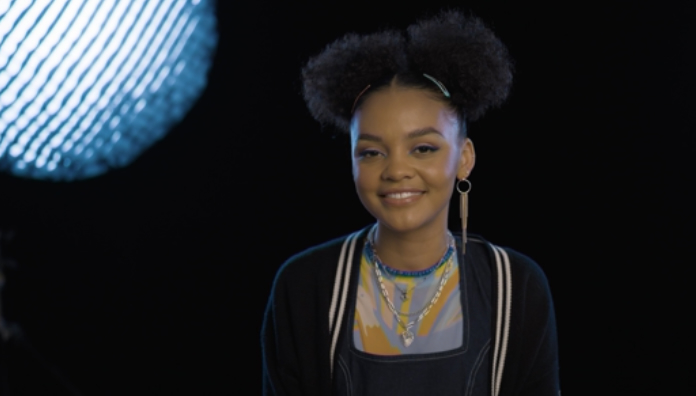
Scream 7, Celeste O'Connor Interview
The statements of Celeste O'Connor
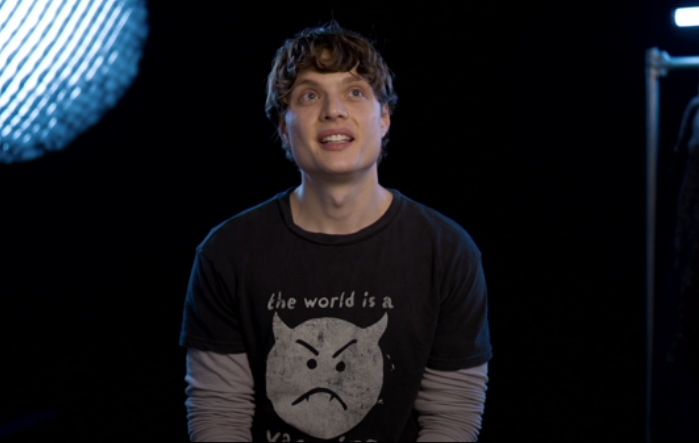
Scream 7, Asa Germann Interview
The statements of Asa Germann
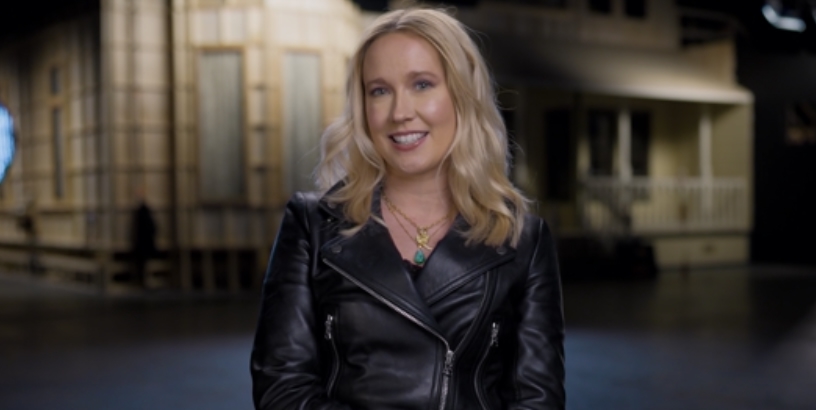
Scream 7, Anna Camp Interview
The statements of Anna Camp

